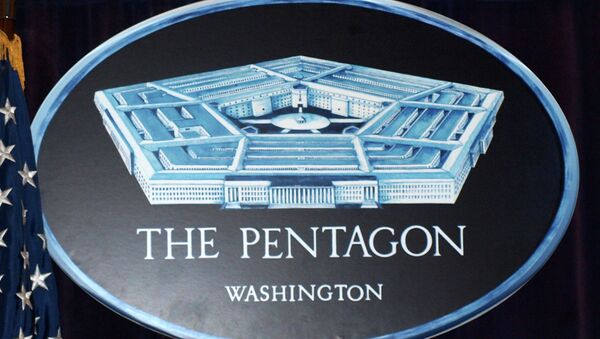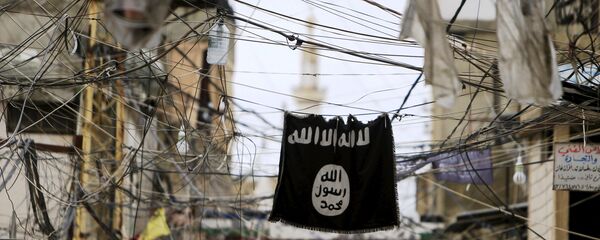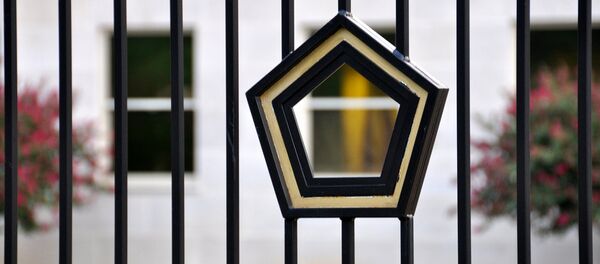On February 19, US President Barack Obama ordered an airstrike on a Daesh training camp near Sabratha, Libya. The primary target of the strike, which involved both jets and drones, was Noureddine Chouchane, the alleged "senior facilitator" for Daesh in Libya who had been implicated in two deadly attacks in his native Tunisia last year.
On February 20, Belgrade alleged that two Serbian diplomatic personnel, Sladjana Stankovic and Joivca Stepic, who had been taken hostage by Daesh fighters, were killed in the bombing.
"Apparently, the Americans were not aware that foreign citizens were being kept there," Prime Minister Aleksander Vucic said.
At the time, the Pentagon expressed skepticism about the allegation. US Press Secretary Peter Cook called the strike "very successful," without mentioning possible diplomatic casualties.
When asked about the Serbian allegations, Cook replied, "Our forces watched this training camp for weeks leading up to the operation and there were no indications of any civilians present."
New evidence emerges, US officials continue to deny responsibility
A few days later, the Serbian government supported their assertion with autopsy results demonstrating that the types of injuries sustained by the two diplomats were consistent with a bombing, which was then ruled as the cause of death.
Despite new evidence, Pentagon spokesperson Captain Jeffrey Davis responded on February 24, dismissing the claims, and stating that online photos of the bodies "were not consistent with what we would expect human remains to look like following a strike of that magnitude."
Serbian Prime Minister Vucic expressed frustration, stating that "it would have been nice if the Pentagon said ‘We’re sorry, Serbs and Stepic and Stankovic families." Vucic added, "When there are 12 wounds on a body sustained simultaneously, unequivocally from an explosion, then they must show us any kind of evidence that would drag us into any other kind of story."
The mayor of Sabratha, Hussein Dwadi, who arrived at the site of the airstrike shortly after the attack and followed up at the main hospital, believes the Serbian account of events is more accurate. Dwadi described two of the deceased as foreigners – "they definitely didn’t look Libyan or Tunisian." He followed saying, "The claim that the Serbians died anywhere other than the airstrike is highly unlikely."
Investigation agreed, but US officials refuse to back down
On March 3, US Deputy Assistant Secretary of Defense Michael Carpenter met with Prime Minister Vucic and the two reached an agreement to investigate the matter. In a release from the Serbian government, "the US and Serbia want the truth about this case to be determined through investigation."
This week, however, the Pentagon reiterated that the Serbian diplomats did not die in the airstrike, adding that the department, “will provide additional information to the Serbs as and when appropriate.
Veljko Odalovic, Secretary General of the Serbian Foreign Affairs Ministry, complained in a recent interview that "there continue to be contradictory statements and information coming from the US."
Stepic’s half-brother, Velja Misic, remains convinced that his half-brother was killed in the US bombing. Misic said Thursday, "The Americans are famous for this, they can enter wherever they want, do whatever they want, and leave with no consequences."






